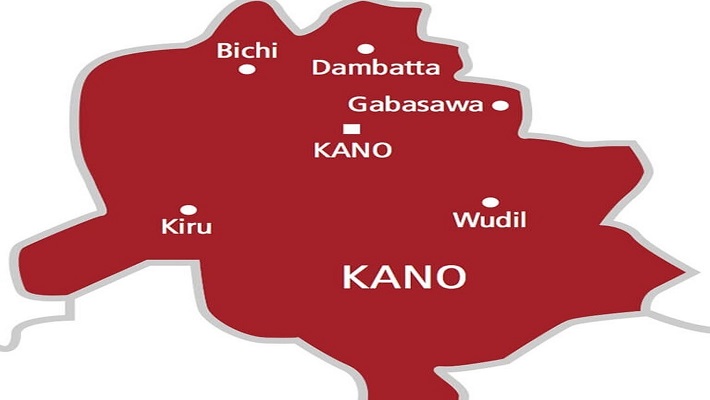
Similarly, the worker unions have rejected government’s N18,000 offer for local government workers and downward deduction in the salary of state workers.
The state chairman of the Nigeria Labour Congress, Kabiru Minjibir, who disclosed this shortly after an emergency meeting, on Thursday, said the union took the decision after government rejected offers to refund deductions in salaries.
He disclosed that Kano state government through the head of Civil Service, Barr. Binta Lawal Ahmed, had told the workers union that government would not be able to pay the minimum wage of N30,000 to workers due to shortfall in the Federal allocation received in the month of February.
According to Minjibir, the head of service claimed that the 36 states and FCT shared N544bn for the month of February as against N699bn realised in the month earlier, a development which negatively affected the ability of the Kano State government to meet her monthly financial liabilities.
“We are distancing ourselves, henceforth, from government’s decision to deduct workers’ salaries, and the reversal of local government workers’ salaries to N18,000.
“By implication, it is certain the pensioners will also be affected. We were called by the head of service informing us that there was shortfall in FAAC allocation, which made it impossible for them to pay the minimum wage.
“However, all the labour unions, the NLC, TUC, JNC, JCF, NUP and the public sector union in Kano met and gave government options, which include ensuring blockage in IGR and making savings from the revenue to augment salaries, and refunding workers’ deductions from their salaries the moment FAAC allocation rises to N700bn. But the government accepted all the recommendations except the one on refunding the deducted percentage from workers’ salaries,” he said.
Minjibir declared that NLC has reported the development to its national headquarters, while awaiting further actions.
He regretted government’s reversal to the old payment, despite the harsh economic situation of the country, coupled with fuel scarcity, which is negatively affecting workers’ welfare.
Copyright PUNCH.
All rights reserved. This material, and other digital content on this website, may not be reproduced, published, broadcast, rewritten or redistributed in whole or in part without prior express written permission from PUNCH.
Contact: [email protected]





